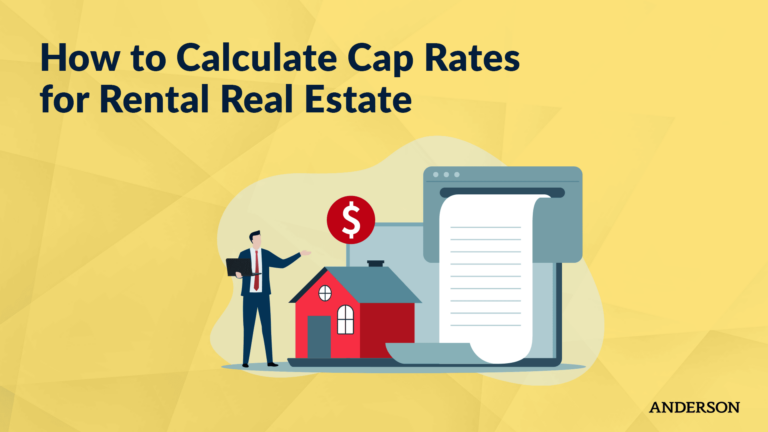What are the methods for paying yourself as a business owner?
In this episode of Coffee with Carl, attorney Carl Zoellner guides you through the process of how to pay yourself a salary.
Working for yourself has its ups and downs, but we can all agree it’s nice to be able to give yourself a raise.
You’ve been working hard, so we just take a little more cash from here and deposit it into the ol’ checking account, right?
Not exactly.
Today I want to talk about salary and when it’s appropriate to pay yourself a salary or some of the reasons you would consider it within your business.
Normally when we look at salary, it’s after we have exhausted the reimbursements that are available to us through our business entity. So the first rule is if we’re paying salary, we’re paying it through some sort of active business. Whether that’s a C or an S corporation, or you could also look at an LLC taxed as either of those corporate entities to pay that salary. Another factor that can play into if we’re going to look at paying ourselves a salary is, are you looking to be lendable?
Do you need to show income or more income in order to qualify for a loan for say, a purchase of a property, line of credit, etc? If you need to look more lendable, usually paying yourself more income accomplishes this.
Now there’s a couple of things that when we come into lendability, we can look at the type of entity that’s paying you a salary as well. Usually, if we’re looking for ease of use with a lender, a lot of times we’re looking at the C corporation paying you a salary as being a better option than an S-corporation paying you a salary because when a C corporation pays you a salary it just looks like you’re receiving income.
With an S corporation, you also get the K-1 which puts the underwriter or lender on notice that you own the business and the lender’s going to want to dig into your business as well. And for most real estate investors that corporation isn’t, in most cases, set to look like it’s making a ton of income, it’s usually there as a tax planning tool or tax vehicle.
When the lender digs into that business, a lot of times it may actually cause more stumbling blocks on that loan. The C Corp just looks like an additional paycheck. You don’t get that ownership link there, so it’s another reason to look there.
As far as salary goes, consider did you use up your reimbursements? Second, is there some reason to pay yourself a salary? Most times it falls into lendability.
And finally, is it appropriate? If it’s simply you’re just using up your reimbursements, and we’re looking at the C Corp to pay yourself out of your corporation, or even using a dividend or there’s ability to use dividends— we can consider other methods.
One thing to note is that a lot of people miss it as well. Within that, if you have an S corporation, there is the requirement to pay a reasonable salary, depending on what you’re doing. So just be aware for those of you out there who may be high W2 income earners, and you thought the S-corporation was the best route to go.
Realize there’s a point if your S-corporation is making money that you’re not able to sort of turn off that water spigot there. If you’re trying to reduce the amount of salary or total income that’s hitting your individual return, C corporation is usually better for that because there is no reasonable salary requirement.
The Takeaway
So, until next time, that was our little primer on when it’s appropriate to pay yourself a salary. As always, appreciate you all joining me for Coffee with Carl.
Keep taking advantage of our FREE educational opportunities and the free content we put out on the web. So that’s Toby’s Tax Tuesday, our tax and AP events for our clients who’ve already gone through our Tax and Asset Protection event.
Our Structure Implementation Series is fantastic. That answers a lot of the questions you have in the beginning. So there are a lot of different educational opportunities out there. One of my favorites as well is our Infinity Investing Workshop.
Resources mentioned in this video:
Free Strategy Session with an Anderson Advisor
Receive a detailed risk assessment to assist in lowering problem areas that could wipe out all of your assets with one wrong move. Speak with an Anderson Professional Advisor to get your FREE Strategy Session.
Limited-Time Offer: ($750 value.)












